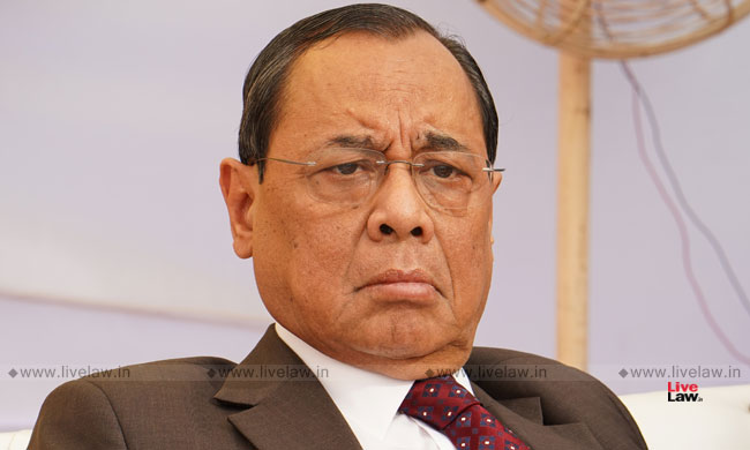'Who Goes To Court?', Ex-CJI Ranjan Gogoi Says Judiciary Is 'Ramshackled'
LIVELAW NEWS NETWORK
13 Feb 2021 12:27 PM IST

Next Story
13 Feb 2021 12:27 PM IST
Former Chief Justice of India Ranjan Gogoi called the judiciary of the country 'ramshackled' and went to the extent of suggesting that even he won't go to the courts."Who goes to the court? You go to the court and regret", Gogoi said adding that it is those who can afford to take chances, like the big corporates, who approach the courts. Gogoi, who was nominated to the Rajya Sabha in March...
